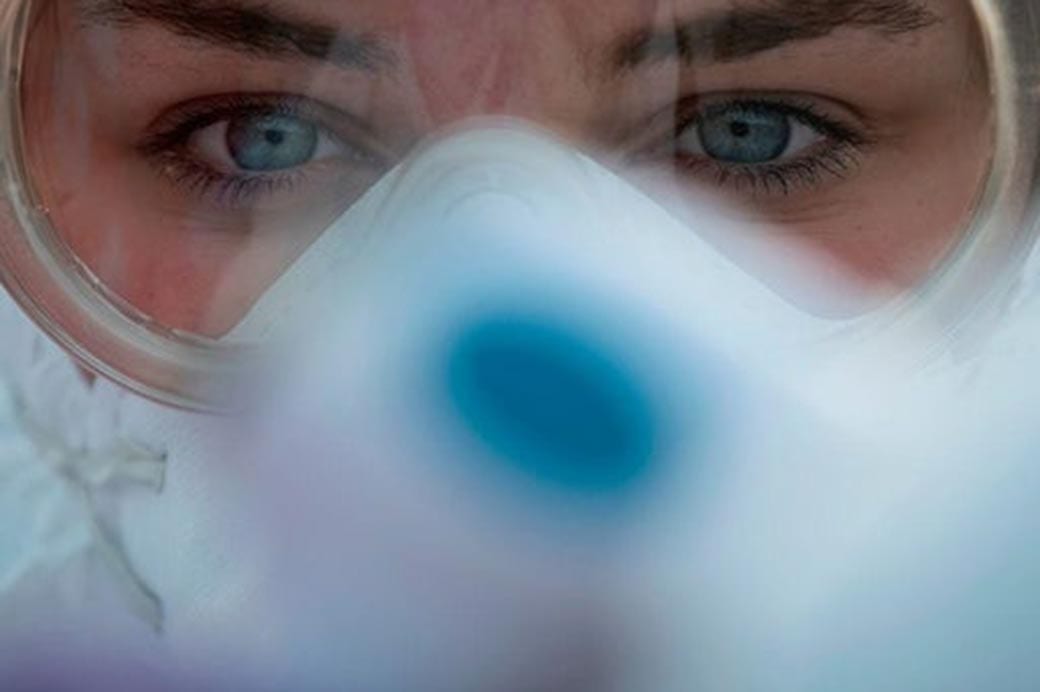The coronavirus has brought with it mass lockdowns, quarantines and uncertainty for many.
It’s not an easy time to be living in, full of anxiety and worry, so just when can we expect the pandemic to come to an end?
Here’s everything you need to know:
When will coronavirus end?
At the time of writing, nobody has any real idea of when the coronavirus pandemic will come to an end.
Some estimates predict the worst of it to be over in a couple of months, with lockdown and quarantine measures lifted by then also.
But other models suggest we could see draconian attempts at controlling the virus for another 18 months or so, until a proven vaccine is developed and distributed across the world.
There so much left to learn about this most new of viruses, but even once scientists have a better understanding of its mechanics, the unprecedented nature of the outbreak means there will still be many uncertainties.
We could be in this for the long haul.
How will coronavirus end?
Coronavirus will be downgraded from a pandemic once it no longer matches the specifications put in place by the World Health Organisation.
Currently, a pandemic is described as having increased and sustained transmission throughout the general populous, across one or more continents.
Once new instances of coronavirus start to decrease and the number of affected areas begins to lower, it will likely see this downgrade.
It could still be some time after that until the disease is brought completely under control worldwide though, and areas with less developed health systems could still struggle with the virus for years to come.
What will make it stop?
How the disease is eventually brought under control is also not set in stone.
One possibility is that cases of the disease will start decreasing when enough people develop immunity, either through infection or vaccination.
A much more alarming scenario suggests that Covid-19 will eventually just become a commonplace respiratory disease, and will never really leave us.
You can take some solace in the fact that if that were to be the case, medical research into the treatment of the disease would likely have accelerated to the point where the coronavirus is treatable for a large demographic of people.
But how long any of this will take is essentially anybody’s guess at this point.
Based on fresh information from other countries grappling with serious outbreaks including Italy, an Imperial College Covid-19 Response Team study found that coronavirus could lead to as many as 250,000 UK deaths and a health system put into chaos, with “surge limits” for general ward and intensive care beds exceeded by at least eight-fold.
Professor Neil Ferguson, a lead author of the Imperial College study and a member of the government’s Scientific Advisory Group for Emergencies (Sage), said it had become “increasingly clear” that the worst case scenario was becoming the “most likely” unless the government changed tack, he told Radio 4’s Today programme.
This suppression measure – urging the entire population to undergo social distancing and avoid pubs, restaurants and theatres, and work from home – is certainly drastic and will affect the way everyone lives their lives for months.
The paper warns that, in order to work comprehensively, suppression would ideally need to continue until a vaccine is developed, which may not come for 18 months.
Professor Neil Ferguson, a lead author of the Imperial College study has himself gone into self-isolation after developing coronavirus symptoms.
[more-from heading=”Latest News” category=”news”]









